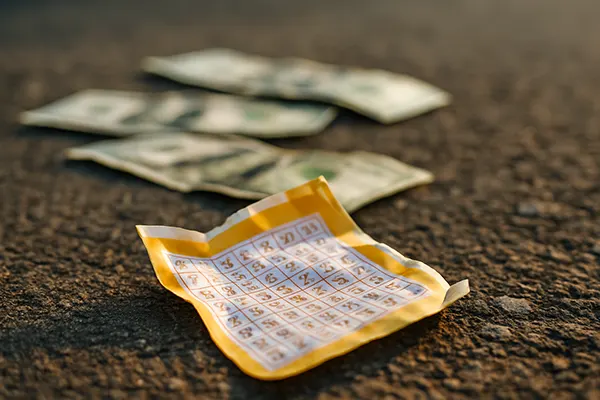
Unclaimed Jackpots: Where the Millions Go If the Winner Disappears
Every year, millions in lottery and jackpot winnings go unclaimed. Whether due to lost tickets, missed deadlines, or deliberate inaction, these forgotten fortunes stir up public curiosity and legal questions alike. What happens to this money? How long do winners have to claim it? And what do different countries do with the unclaimed funds? Let’s delve into the facts.
How Jackpot Claims Work Around the World
Each country sets its own rules for how long a winner has to claim their jackpot. These timeframes can range from a few months to over a year, depending on the jurisdiction and type of game. Failing to claim a prize within this period typically results in the forfeiture of the winnings.
For example, in the UK National Lottery, winners have 180 days to come forward. In the United States, the claim period varies by state—some offer 90 days, others up to a year. Australia’s Tattslotto gives winners six months, though extensions can be granted under certain circumstances. These policies are strictly enforced and not open to negotiation once the deadline passes.
Time limits are clearly stated in the game rules, on ticket backs, and on official lottery websites. Despite this, a surprisingly high number of winners never come forward, especially in large-scale national draws.
Why People Miss Their Jackpot Claims
There are several reasons people miss out on claiming massive jackpots. In many cases, players simply misplace or damage their tickets. In others, they forget to check the winning numbers. Psychological factors such as disbelief, anxiety, or denial can also play a role.
In some jurisdictions, anonymity is allowed, which can complicate public tracking of prize claims. In high-profile cases, unclaimed winnings attract media attention, yet the winner may never appear. In rare instances, claimants die before realising they’ve won.
The implications are more than personal. Missed jackpots mean missed opportunities for recipients and broader questions for lottery operators and governments about public communication and trust.
Where the Unclaimed Millions Go
When jackpot money goes unclaimed, it doesn’t simply vanish. Each operator has predetermined policies for reallocating these funds. Generally, the money is reinvested into future prize pools, returned to a central reserve, or redirected toward charitable causes and public projects.
In the UK, unclaimed lottery prizes are transferred to the National Lottery Distribution Fund, supporting arts, heritage, and sports initiatives. In many US states, the money is recycled into future games or directed toward education. Canada’s provincial lotteries often return unclaimed funds to future prize offerings or public benefit programmes.
This ensures the money is eventually used for public good, though the original intent—to reward a winning player—is never fulfilled. Transparency in how the funds are repurposed is critical to maintaining trust in the system.
Notable Cases of Lost Jackpots
One of the most well-known examples occurred in the UK in 2012, when a EuroMillions jackpot worth £63 million went unclaimed. Despite weeks of public appeals and news coverage, the winner never stepped forward. The money was ultimately allocated to charity under National Lottery rules.
In the US, a $77 million Powerball prize expired in Georgia in 2011. Investigations revealed that the ticket was never presented, despite confirmation it had been sold. The funds were redirected toward educational programmes, as per state policy.
Australia saw a $23 million Oz Lotto ticket go unclaimed in 2015. The winning slip was bought in Queensland, and despite extensive media coverage and local appeals, the prize was never collected. As usual, the amount was returned to the prize pool.

Legal and Ethical Considerations
Handling unclaimed jackpots is more than just a logistical issue—it’s a legal and ethical matter. Operators must ensure rules are clearly communicated and access to winnings is fair and timely. Auditing mechanisms also exist to verify claims and prevent fraud.
In jurisdictions with strong consumer protection laws, processes are in place for disputes. However, without a valid claim or ticket, even genuine winners may find themselves without legal recourse. Some courts have rejected claims made after the deadline or without physical evidence, regardless of circumstance.
This underlines the importance of secure ticket storage, timely validation, and public awareness campaigns. Most national lotteries conduct ongoing education efforts to remind participants of the rules and deadlines.
Calls for Reform and Transparency
Advocates argue for better notification systems, such as digital ticket tracking and automatic alerts. Some propose longer claim periods or appeals processes for exceptional circumstances like illness or disaster.
There’s also growing interest in blockchain-based systems to enhance traceability and prevent loss of claims. While still under consideration in most markets, such technologies could offer enhanced user control and accountability.
At the policy level, operators are being pushed to be more transparent about how unclaimed funds are used and to publicly publish annual reports on these allocations. This transparency fosters trust and ensures that public interest is prioritised.
